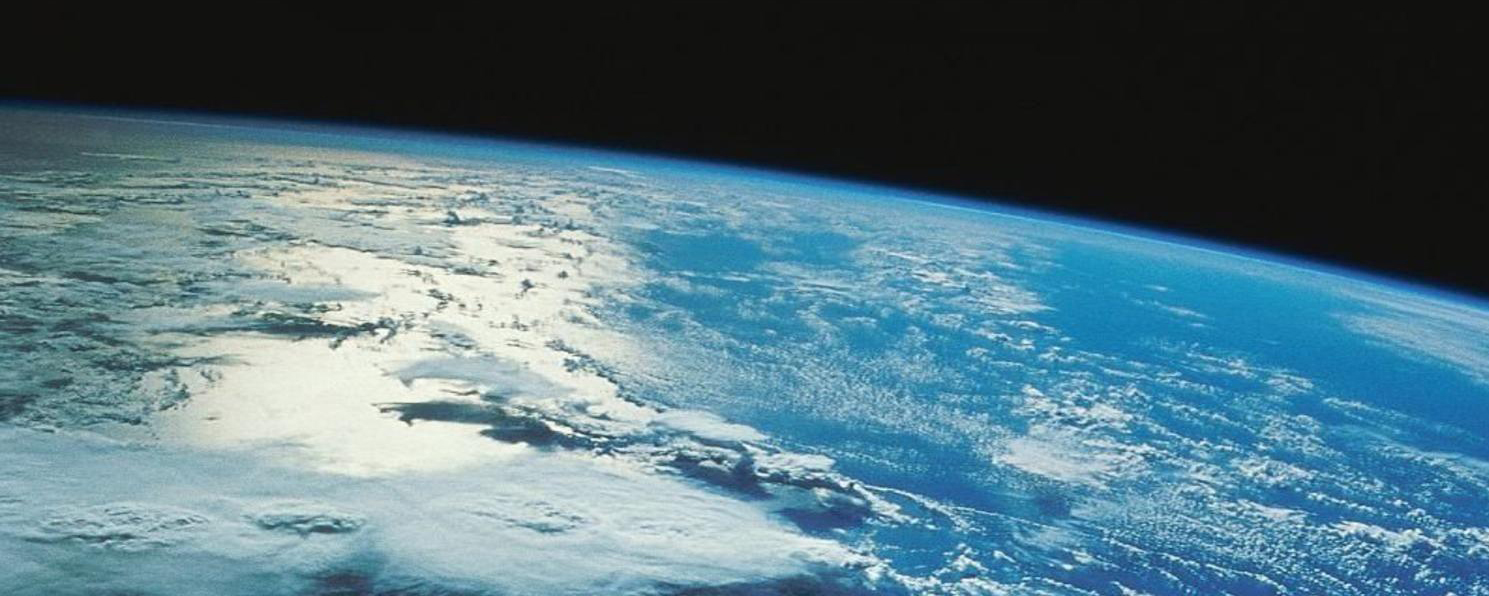



"Warming has stalled since 1998"
Climate change deniers believe that from 1998 to 2005, the temperature of the Earth did not increase, therefore making global warming a myth. However the basis behind this argument is satellite records of the atmosphere alone, and not the land and ocean. Letís first talk about the simple science behind why this argument is false. It is notable that temperature change impacts more than just the atmosphere and land, it also affects the oceans. The oceans, covering more than 70 percent of the surface of the Earth, absorbs over 90 percent of the heat coming from the sun. As a result, there is not as great of an impact to both the land and atmosphere. That is why the satellite records showed no increase in temperature, most of the heat went to the oceans and were not tracked by satellite. Also, ground level measurements are for more accurate than satellite estimates and every data source that relied on ground measurements suggest that global warming is indeed happening, and at a faster rate than ever. Finally, current satellite record estimates actually show an increasing trend for temperature: 2016 was deemed the hottest year to record, and many other years were hotter than 1998 as well. With 2016 as the hottest year in recorded history and 2017 already showing trends that it will be the next hottest year. Therefore the main data behind the myth is now also wrong.
Figure 1:

Sato, M. GISS Surface Temperature Analysis
Land-ocean temperature index, 1880 to present, with base period 1951-1980. The solid black line is the global annual mean and the solid red line is the five-year lowess smooth. The blue uncertainty bars (95% confidence limit) account only for incomplete spatial sampling.
Contributed by: Rohit Mandavia, Ben Grimes, and Andy Lum